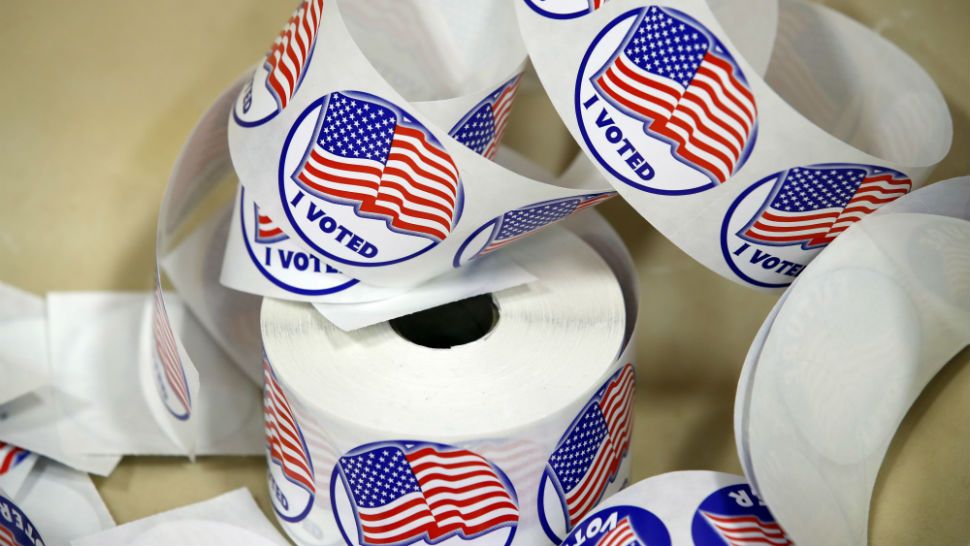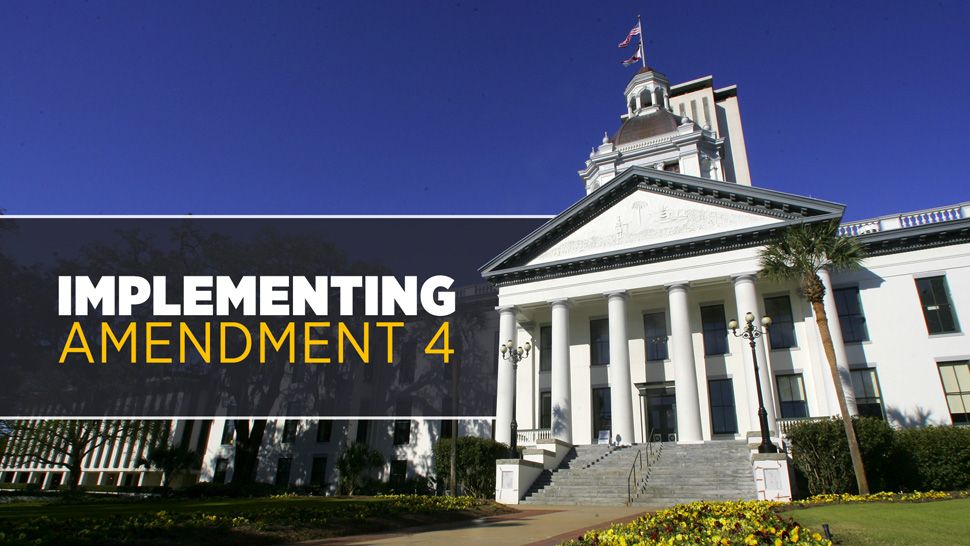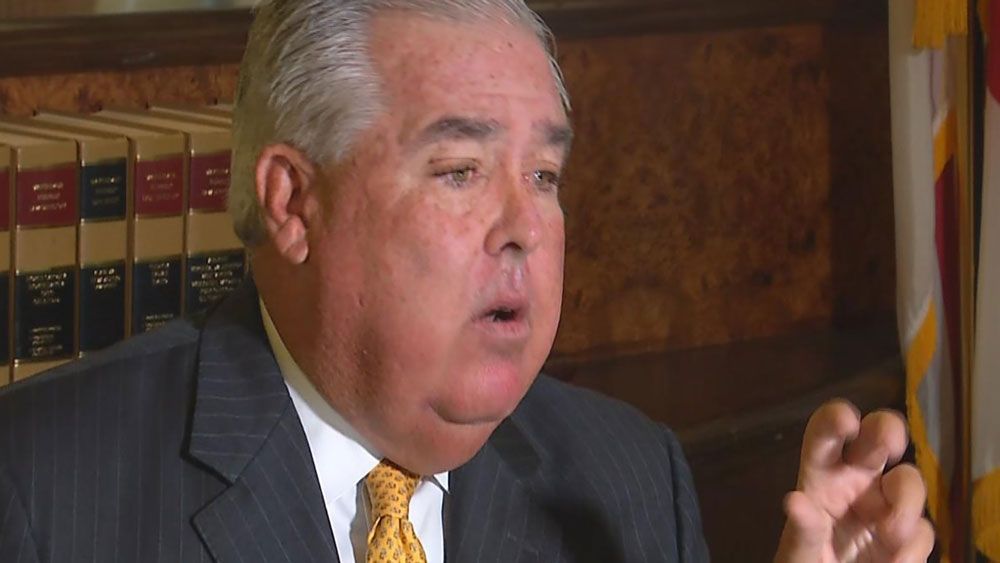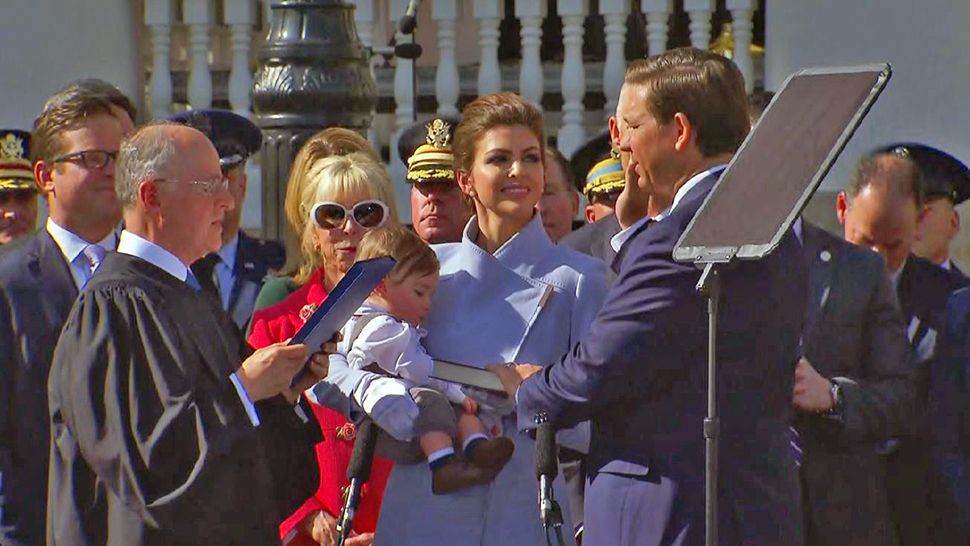Florida's presidential preference primary is March 17. Political parties will decide the candidates who will represent them on the ballot in November.
- CHECK OUT our Decision 2020 Voting Guide for county-by-county resources, latest headlines, and FAQs on voting in Florida
If you want to help pick political party candidates for positions ranging from U.S. representative and Florida governor down to county sheriff, you need to be part of a specific party in Florida. That's because Florida is a closed primary state.
What is a primary?
When a political party has multiple candidates for a political office, a primary election is held to pick one person to represent the party.
On March 17, Florida will have party primaries for Republican and Democratic candidates for president.
Primary elections are considered merely a stepping stone to the general. Think of it like sports tournament brackets: the primaries are the semi-finals. The general election in November is akin to the championship game.
Open Primaries vs. Closed Primaries
As of February 2020, Florida Division of Elections reports there are more than 3.6 million Florida voters who are not affiliated with any political party ("No Party Affiliation" on registration forms).
If you're one of those voters, you are shut out of any political party primary.
Likewise, if you want to vote in a major party primary, but you are a member of a different political party, you can't in Florida.
Florida is one of 11 states in the country where all party primary elections are considered "closed primaries." That means you must be a member of the political party in order to vote in its primary.
Those states are:
- Connecticut
- Delaware
- Florida
- Kentucky
- Maine
- Maryland
- Nevada
- New Mexico
- New York
- Oregon
- Pennsylvania
Other states have different regulations. In some states, the parties can decide whether they want to close their primary. Other states allow people who don't have a party affiliation already to choose which primary they want to vote in. And some states have completely open primary elections.
If it seems confusing to you, don't feel alone. It's especially confusing for people who are relatively new to a state, or rarely vote.
In 2016, we saw numerous complaints from previously unaffiliated people across the country who wanted to vote in the presidential primaries for the first time, but couldn't because of closed primaries.
How can I vote in a Florida primary?
In Florida, you can change your party affiliation up to 29 days before an election. Since Florida's primary is set for March 17, that means the deadline to register to vote, or change your party affiliation, is February 18.
- RELATED: How to vote in Florida FAQs
If you want to vote in a particular primary, you can go to RegistertoVoteFlorida.gov, or your county's elections office, to change your voter registration to reflect the party you want to be apart of.
You do not have to stay a party member. After the primary, you can change your voter registration again if you want. It will not affect your ability to vote in the general election in November.
And remember, even if you can't vote in a party primary, you may have non-partisan elections for local office that you can vote in, like school board or county commission races. Again, be sure to check with your county's elections office.
The Universal Primary Loophole
There is a primary election loophole in Florida. If there is an election where all of the candidates for that office belong to a single political party, that primary election becomes an "Universal Election" instead, which means it's open to everyone and may the best candidate win.
An example happened in South Florida in 2018. Only Democrats ran for U.S. House District 24, incumbent Rep. Frederica Wilson and challenger Ricardo De La Fuente. So that election became a universal election, and anyone could vote in it.







